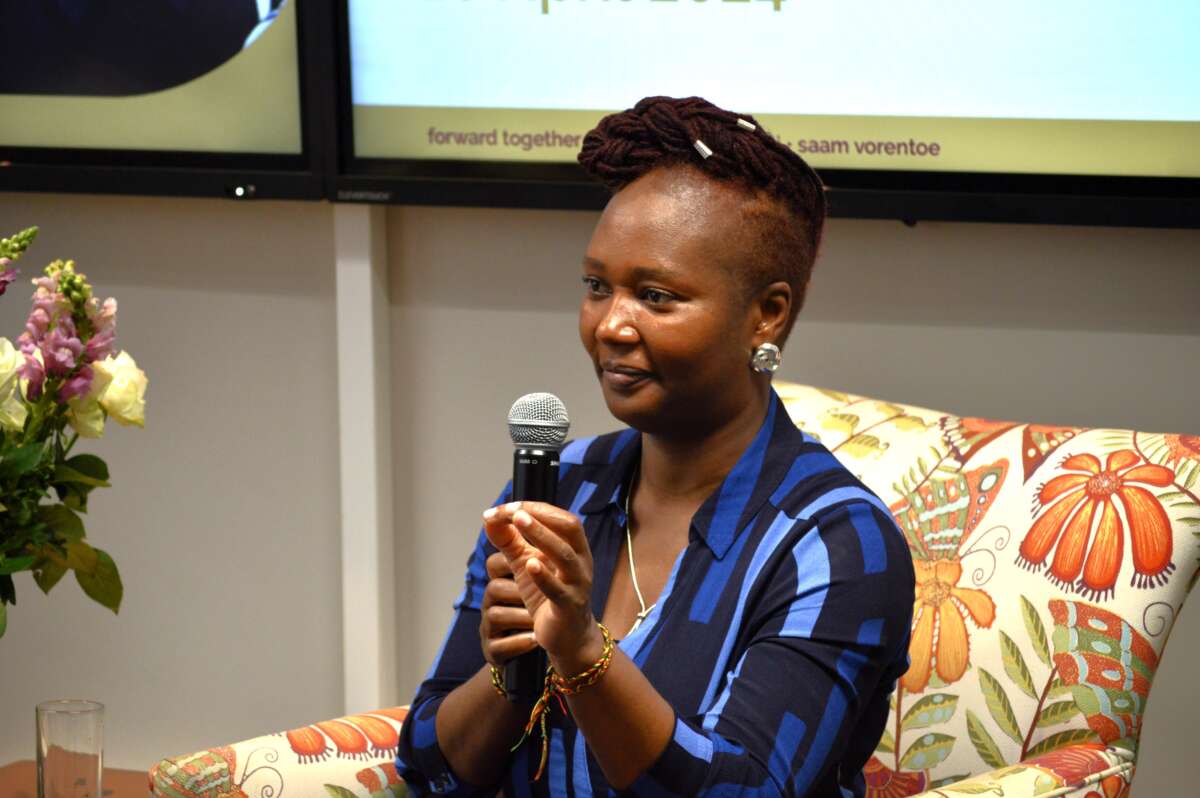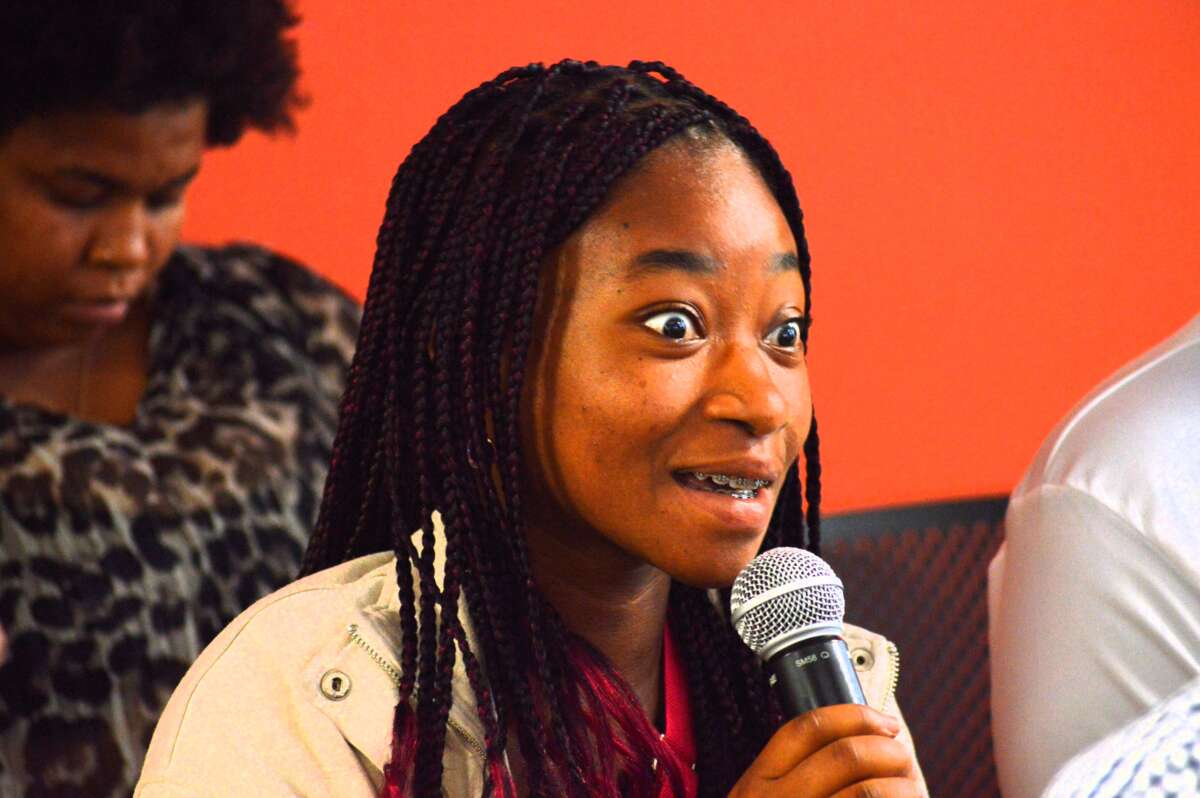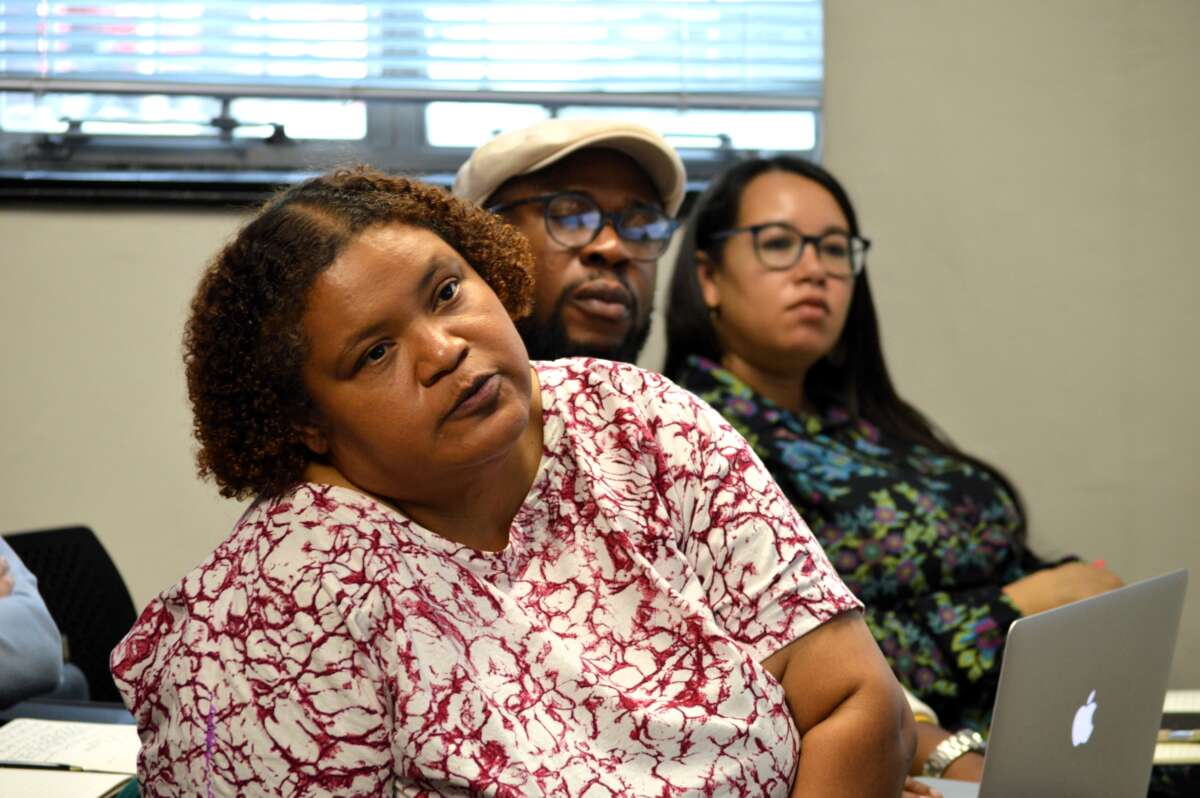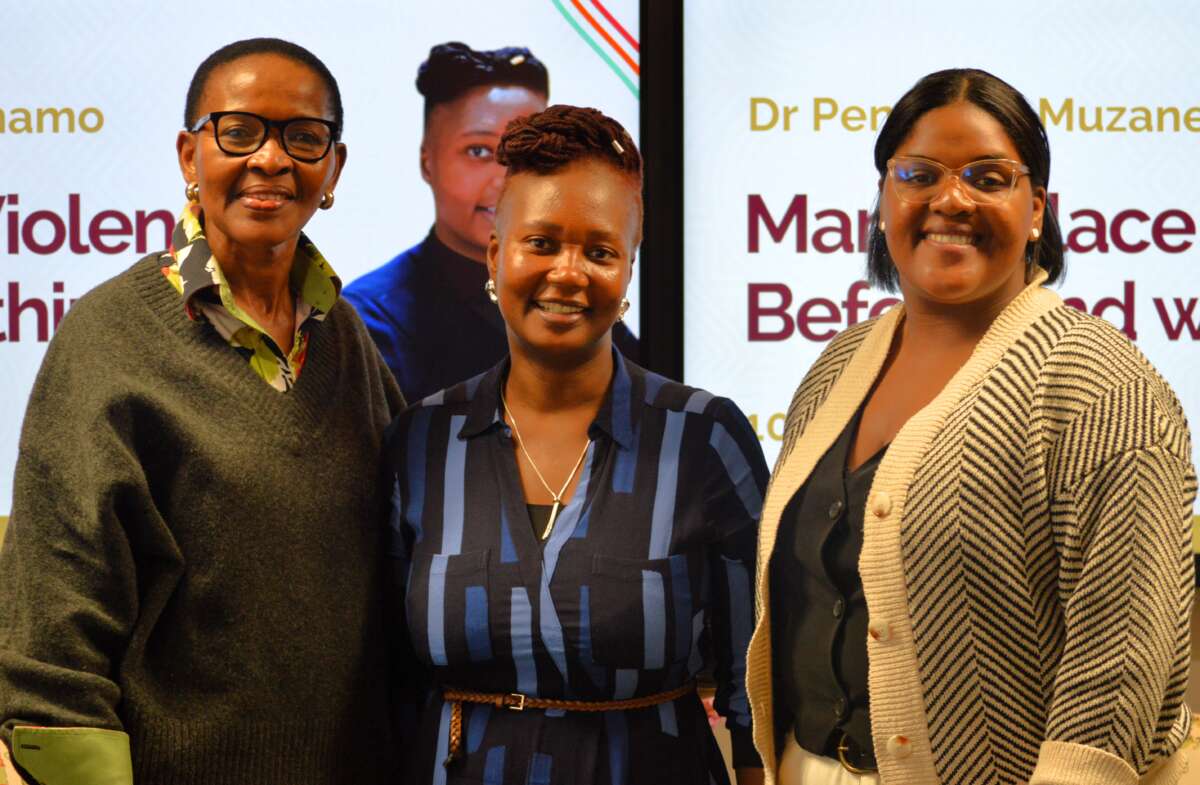Dr Penelope Muzanenhamo, an accomplished scholar in Marketing and Society at University College Dublin Business School, recently delivered a compelling lecture, delving into the nuanced concept of “Marketplace Violence: Before and within AI.” Her discourse, rich in personal reflections and scholarly insights, unravelled layers of systemic inequalities and societal narratives that perpetuate marginalization, particularly for black and brown communities.
Central to Dr Muzanenhamo’s talk was the exploration of marketplace violence through the lens of Black scholarship. She emphasized the significance of black scholars adopting ontological and epistemological perspectives rooted in the lived experiences of Black and brown people. This approach, she argued, compels scholars to see themselves as agents of change, confronting racism and injustice not just as external observers but as individuals deeply implicated in the communities they represent.
One poignant aspect of Dr Muzanenhamo’s discourse was her personal journey of identity formation. Raised in Zimbabwe and later moving abroad, she grappled with the notion of Africanness and its significance in shaping her identity. Her experiences underscored the complexities of identity construction and the external pressures that shape perceptions of self and belonging.
The core argument of her lecture revolved around defining marketplace violence as actions and narratives perpetuated by powerful market actors that reinforce inequalities, including epistemic injustice and impoverishment among Black and brown communities. She challenged the status quo, asserting that it is the role of scholars to speak truth to power and challenge entrenched narratives that marginalize black voices in academia and beyond. One of the key takeaways from the lecture was the concept of epistemic injustice, where black scholars face credibility deficits and their knowledge contributions are often trivialized or marginalized. This systemic bias extends to artificial intelligence, as seen in discriminatory algorithms that reinforce racial biases and perpetuate inequalities.
Moreover, Dr Muzanenhamo shed light on coping mechanisms employed by marginalized communities, such as temporal perspectives of suffering and acts of social love, which while providing survival strategies, may also inadvertently perpetuate marketplace violence by normalizing inequalities.
In essence, Dr Penelope Muzanenhamo’s lecture was a call to action, urging scholars and society at large to interrogate and dismantle systems of marketplace violence that perpetuate inequality and marginalization. Her insights into the intricacies of identity, power dynamics, and coping mechanisms provided a compelling framework for understanding and addressing systemic injustices.
As Dr Muzanenhamo aptly stated, “for a scholar to be African is to be an individual whose knowledge, claims, ideas, and teaching approaches are questioned, trivialized, and marginalized.” This sentiment encapsulates the essence of her lecture—a clarion call for intellectual activism and a quest for positive change. By synthesizing personal narratives, scholarly research, and critical analysis, the lecture left an indelible mark on attendees, inspiring reflection, dialogue, and a renewed commitment to challenging marketplace violence in all its forms.






